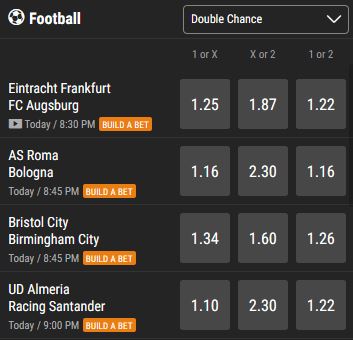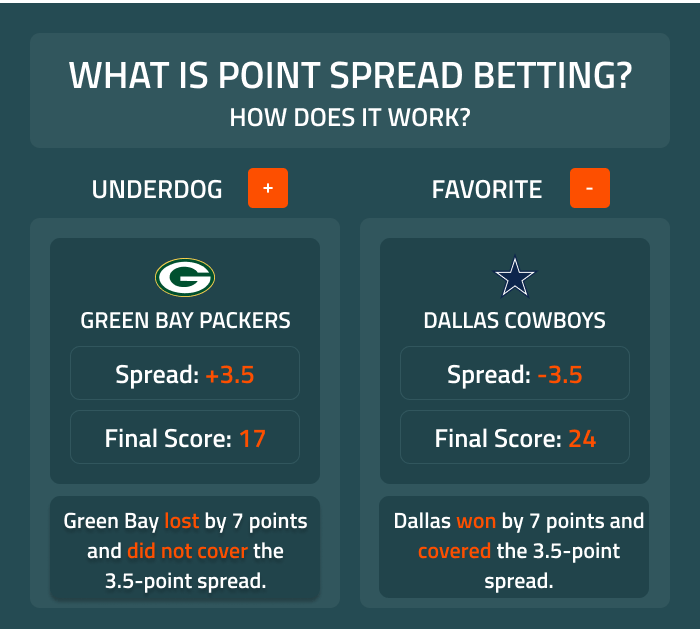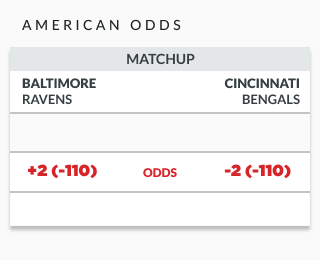How Does Work In Betting
Betting odds represent the probability of an event to happen and therefore enable you to work out how much money you will win if your bet wins. As an example, with odds of 4/1, for every £1 you bet. Football Betting Systems That WORK (& The Ones That Don’t). How does this all apply to football? How to guide to esports. Make sure you check out our eSports betting welcome packages before you start betting real money on eSports. How does betting work in the lounge? You log in on thw website. Then when there's a game, click on it.

How does live betting work? In this article we explain what live betting is (also called in play betting) and share some guidance on it.
Bookmaker odds relating to different football events are everywhere.

Online firms now take bets on a wide variety of events - from the games themselves to next manager markets, potential transfers and seemingly everything in between.
Understanding how odds are calculated and what they mean in practice is an essential part of the toolkit for a successful punter.
Editors' Picks
It underpins everything else that follows so getting comfortable with both the prices and what they represent is an important skill that's well worth learning.

How do odds work?
Odds represent the probability of an eventoccurring. The price shown translates into a percentage chance of something happening or not.
The table below shows a range of fractional odds and how they relate to the implied chances of that selection being correct.
| Fractional Odds | Decimal Odds | Percentage Probability |
|---|---|---|
| 7/1 | 8 | 12.50% |
| 4/1 | 5 | 20% |
| 15/8 | 2.88 | 34.78% |
| 6/4 | 2.5 | 40% |
| Evens | 2 | 50% |
| 10/11 | 1.91 | 52.38% |
| 4/7 | 1.57 | 63.64% |
| 1/3 | 1.33 | 75% |
| 1/8 | 1.13 | 88.89% |
This allows bookmakers to set the odds for any given event - including a house edge - but also means bettors can compare their opinion to those of the person setting the prices and see what their return would be if their bet is correct at the odds on offer.
As an example, if you want to back a team to win a game at 3/1 for £1, the total returns for this selection would be £4 should they be come out on top in the match. £3 of that would be the profit that the odds suggest, plus the initial £1 stake.
How do bookmakers set the odds?
Because bookmakers are the ones setting the prices on their own websites or in shops, they have the luxury of building in a house edge when doing so.
Much like the 0 on a standard roulette wheel (or the 0 and 00 on an American one) this is their opportunity to make their advantage count.
The amount of edge built into an event or a specific market can vary wildly across different operators and sports, but let's use football as an example.
The implied percentage chances for any given set of outcomes will not add up to 100% exactly with the bookies, they build in their edge by setting prices that total more than that.
This doesn't mean that you can't make money betting on sports (or anything for that matter) but knowing the odds and what you're up against is key.
What do odds mean in terms of betting probability?
Let's say Arsenal are 7/2 to beat Manchester City, who are 4/5 to win the same game. The draw is 3/1 with the same firm offering the former two prices in this real world example. Consider the implied percentages here:
Home win - Arsenal 7/2 (implied percentage chance of 22.22%)
Draw - 3/1 (implied percentage chance of 25%)
Away win - Manchester City 4/5 (implied percentage chance of 55.56%)
Total implied percentage chance - 102.78%.
How Does Work In Betting Poker
That extra 2.78% is the 'edge' built into this market. Match results tend to be at the lower end of this spectrum but understanding what the total percentage of a market's outcomes adds up to will help bettors understand what they're up against.
Making money on the betting markets is not impossible. There are many factors that come into whether someone is profitable or not, several of which we'll discuss more in the Betting Basics series, but it's key to know how odds work and what that means for your betting activity if you choose to get involved.
Odds in a strict betting sense denote the ratio of a payout to a stake. The payout is the total amount paid by a bookmaker to a punter who makes a correct betting call. A stake is an amount wagered by a punter on the probability of his chosen outcome occurring. In looser contexts, odds are taken to represent the probabilities of the events they are attached to occurring. This is not a very precise definition due to the fact that the bookmaker has built-in “overrounds” into the figures to accommodate his own profits no matter what outcome turns up. Whereas, statistical probabilities on the possible outcomes of an event sum up to 1 or 100%, betting odds build up to more than 100% to accommodate the bookmaker’s profit.
Odds are mostly expressed in two forms, fractional odds (traditional) and decimal odds (continental). Fractional odds relate the amount a punter wins relative to his stake if his bet is successful. A fractional odd of 8/2 means the punter would get Ksh8 for every Ksh2 that he stakes on a bet. The fractional odds system is more commonly used in the United Kingdom. Decimal or continental odds give the ratio of payout to stake and is the preferred method for stating odds in most parts of the world. The big difference between both systems is that the fractional system doesn’t factor in the stake of the punter in expressing the payout, while the decimal system does.
How does odds work?

How Does Plus Minus Work In Betting
As defined earlier, odds give the mathematical ratio of a payout to the stake in betting. Most odds are expressed in decimal form, and they serve as multipliers of a stake when computing the total payout of a successful bet. An example of this works is painted in the scenario described below:
Suppose there is a league game between Manchester United and Arsenal at the latter’s home ground. The 1X2 bet type fixed a Manchester United home win at odds of 1.90, a draw at 4.30, and an Arsenal away win at 2.80. If a punter stakes Ksh10 on a Manchester United home win and it turns out Manchester United won, the punter would receive a payout calculated as:
Payout = 1.90 (odds) x 10 (stake)
How Does Work In Betting Odds
The punter has made Ksh9 in addition to his Ksh10 stake, so the total payout is Ksh19. Online betting platforms already work out what the payout on a stake would be and put the figures on the bet slip.
How Does Work In Betting Parlay
Significance of what are odds
Odds paint a picture of the probability of an expected outcome occurring in betting. Outcomes that have a high degree of occurring usually have very low odds attached to them. The more likely a probable outcome will occur, the lower the numerical odds attached to it. Improbable outcomes of an event will have relatively high odds attached to them. The odds fixing mechanism takes cognizance of the risks a punter is taking on when he bets on an outcome and issues rewards for the risks in the form of odds. In sports betting, they are fixed taking certain factors surrounding a game into consideration. Some of the factors include the relative strength of the competitors, recent form, venue (home advantage) and history. Seasoned punters have an idea of how this works and are able to make informed decisions before staking their bet.